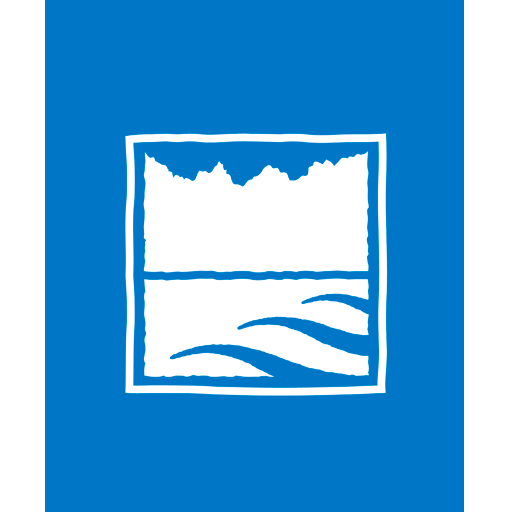You’re all packed up and ready for another weekend outdoors.
You’ve got your sleeping bags, full cooler, sunscreen, and swimsuit.
Maybe you’ll fill your trailer’s water tank up once you arrive, a water container or two for the campsite, then head to the beach to cool off.
But have you ever stopped to think about how we keep the water safe for you to drink, take a warm shower in, or cool off in at the beach?
Environmental public health professionals do proactive, science-based work behind the scenes to ensure your environment is safe, so you don’t have to worry and can enjoy the moments that really matter.

September 26 – October 2 is Environmental Public Health Week.
Let’s learn a bit more about the behind-the-scenes work that environmental public health professionals do, and your role in contributing to healthy parks.
~
What is a public health professional?
Sometimes known as public health inspectors or environmental public health officers, these professionals use a broad range of strategies and interventions to prevent the occurrence of injury and disease by minimizing environmental health risks to the public.
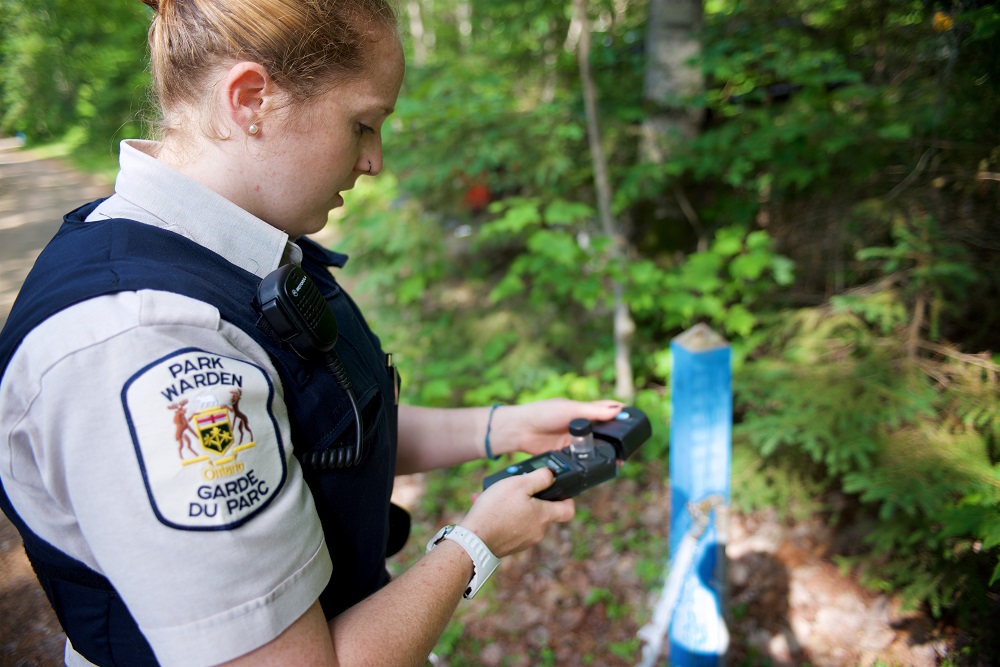
At Ontario Parks, we have a team of public health professionals that monitor and ensure compliance across a variety of areas like:
- Safe drinking water
- Sewage systems
- Safe recreational water
- Food handling
- Vector-borne diseases (such as Lyme disease)
- Indoor air quality
- Smoke-free facilities
- Proactive health promotion
~
What do they do in parks?
Our team of public health professionals are responsible for a wide variety of activities to ensure public health compliance.
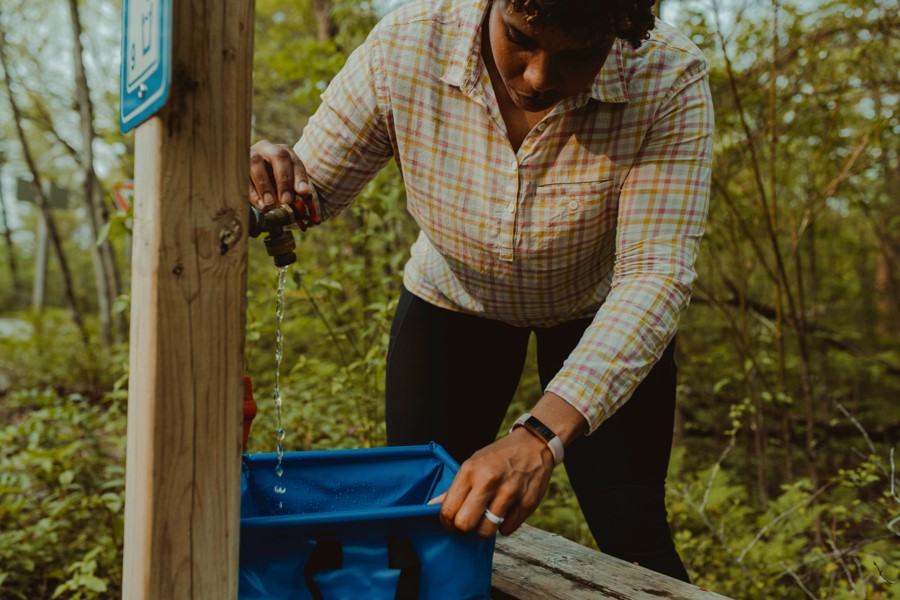
They work in conjunction with local public health units and train staff to ensure safety standards are met.
One of their most important jobs is managing safe water in our parks, including drinking water and recreational water (beaches), and ensuring our sewage systems are working properly.
~
Drinking water
Did you know that drinking water in Ontario Parks is provincially regulated under the Health Protection and Promotion Act and is just as safe as municipal water supplies?
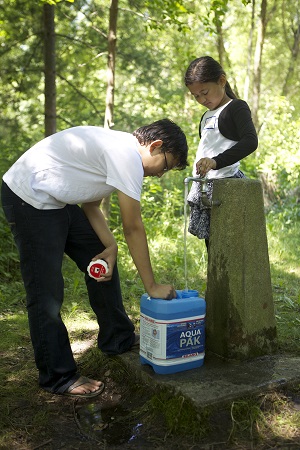
Staff hold different levels of training from Walkerton Clean Water Centre and maintain the water pumphouses and water lines located in each individual park.
Drinking water sources are tested above and beyond provincial regulations to ensure that visitors remain safe.
Park staff collect samples and submit them for regular testing to monitor things like chlorine and bacteria levels. If the results are not favourable, our parks public health team consults with the local public health unit on corrective action, or sometimes may even issue a boil water advisory.
Additional samples, as required, are sent to the lab until water is restored to acceptable levels in compliance with safe drinking water legislation.
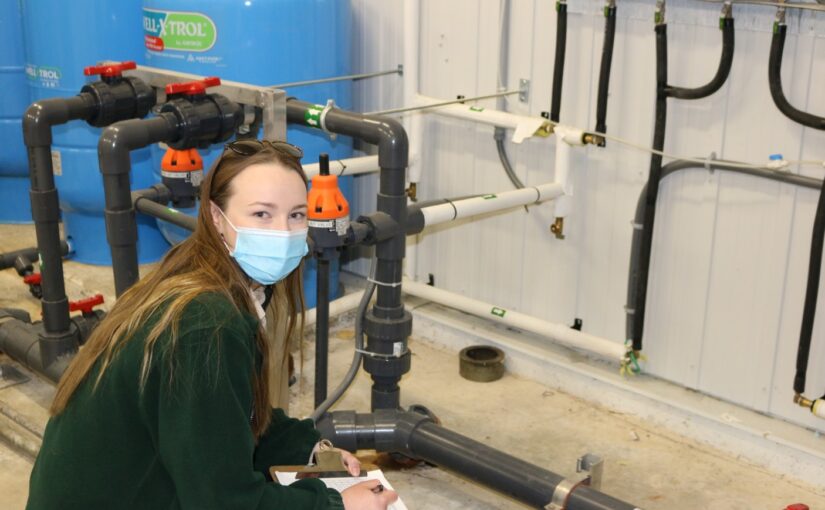
To learn more about a day in the life of a water technician, check out this blog: What it’s like to be a water technician at Ontario Parks.
~
Beaches and swimming
Ontario Parks is home to many lakes and beaches.
You may not have had a single thought about bacteria levels when taking a dip to cool off on a hot day, and that’s a good thing!
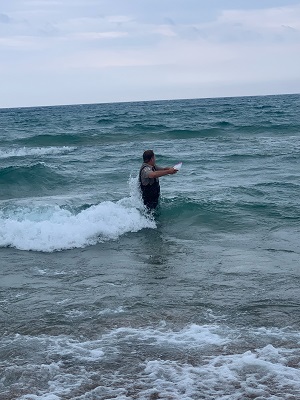
Our public health team works behind the scenes sampling recreational water for things like E. coli and blue-green algae so you can stay safe and enjoy recreation activities in the water.
If recreational water samples come back containing high levels of bacteria or algae, a beach may be posted unsafe for swimming, or even closed, until levels are normal again.
Other things that may affect safe swimming conditions are severe weather conditions, runoff or spills, storms, and wavy conditions.
Not to worry, part of the public health team’s job is to ensure clear communication when a beach reaches unsafe levels of bacteria for swimming.
Park staff will post signage at beaches and alerts can be found on our beach results page.
~
How can I help keep the environment clean?
We are all part of the natural environment.
It provides us with many health benefits, and in turn we need to help keep it healthy too.
Here are a few things you can do to help keep our natural spaces healthy:
~
Cleaning your dishes
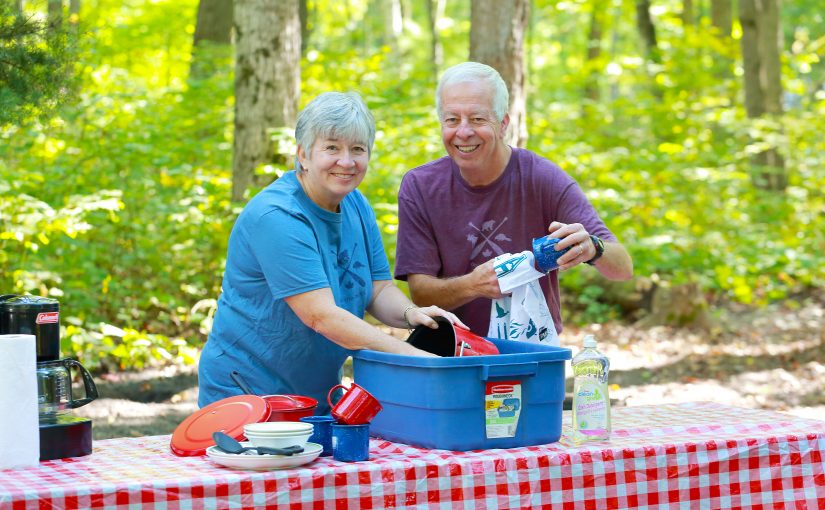
- Learn more about washing your dishes responsibly in Ontario Parks
- Believe it or not, where you dump your water has a big impact on our water systems and source water protection
~
Trailer dump and fill stations
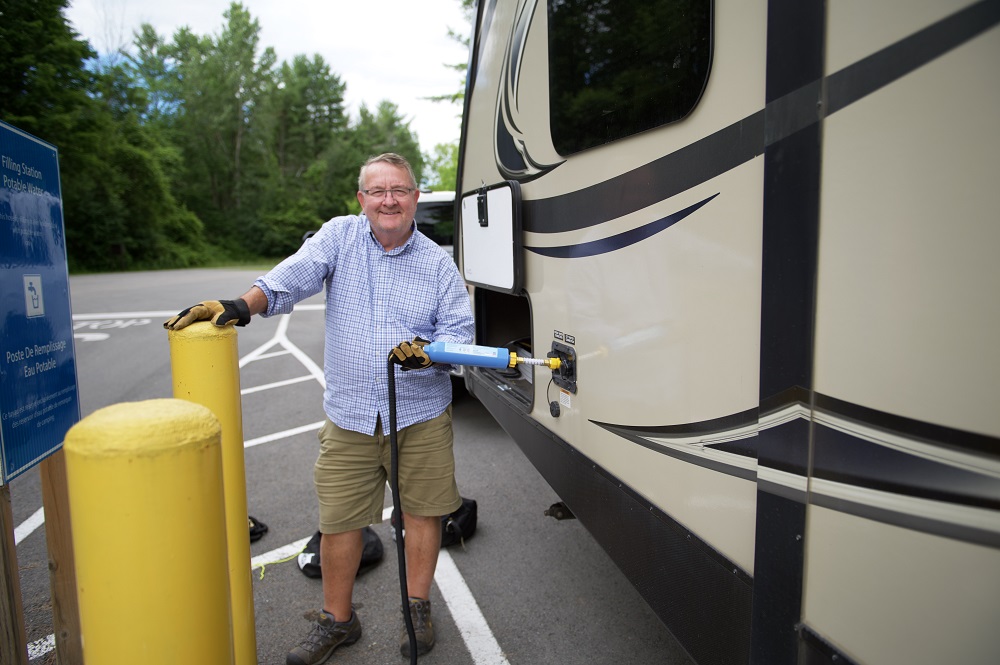
- Use the trailer sanitation stations to fill your clean water tank, and dispose of your dirty water
- Never hook up directly to our water taps in campgrounds. In the event of a pressure drop in the system, backflow can occur and contaminate the entire water system!
~
Pick up after your pet
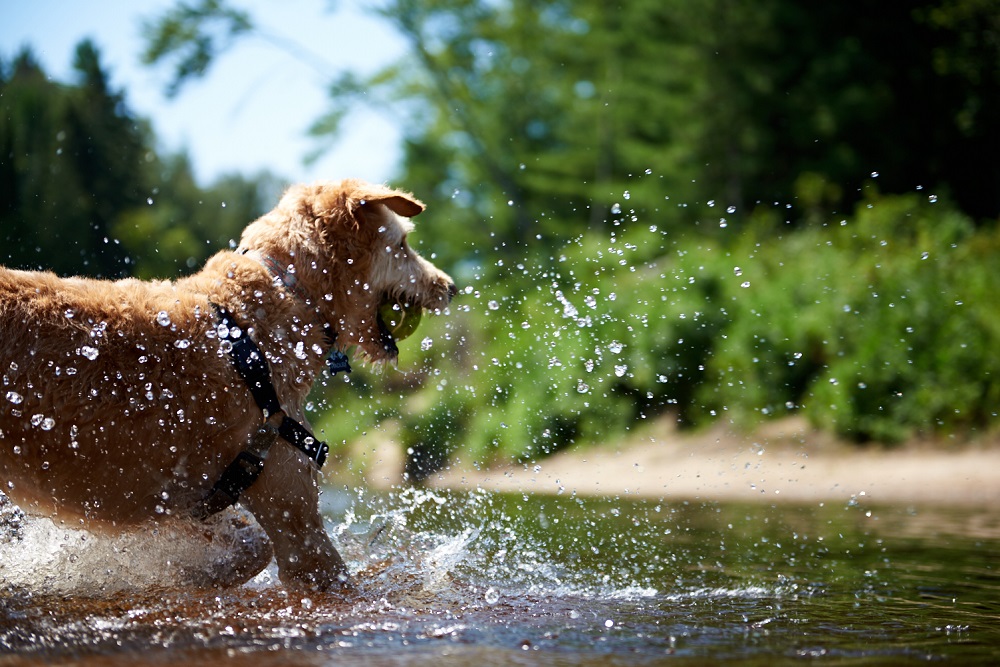
Pet waste has high levels of nitrogen and phosphorus (and a host of other bacteria that can be harmful to wildlife) that can pollute drinking source water.
~
Don’t feed the birds at the beach (or any wildlife for that matter)
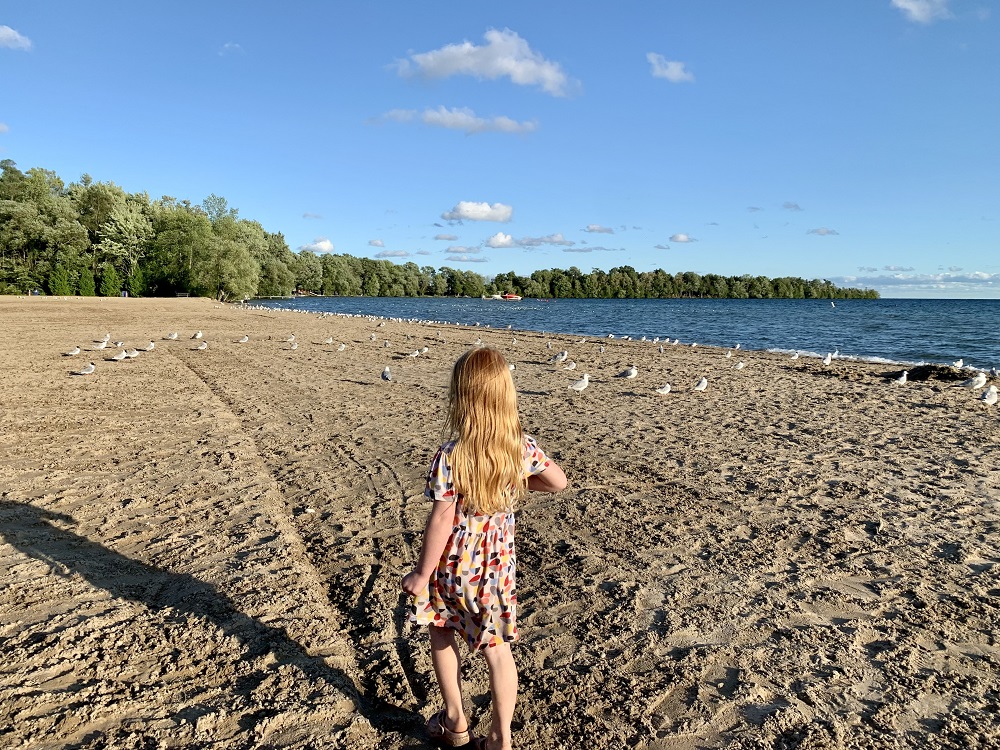
The excess waste produced by the animals and additional nutrients from uneaten food can contribute to blue-green algae blooms and aquatic weed growth.
We can all do our part to help maintain a healthy environment so we can benefit from all that nature has to offer.
~
